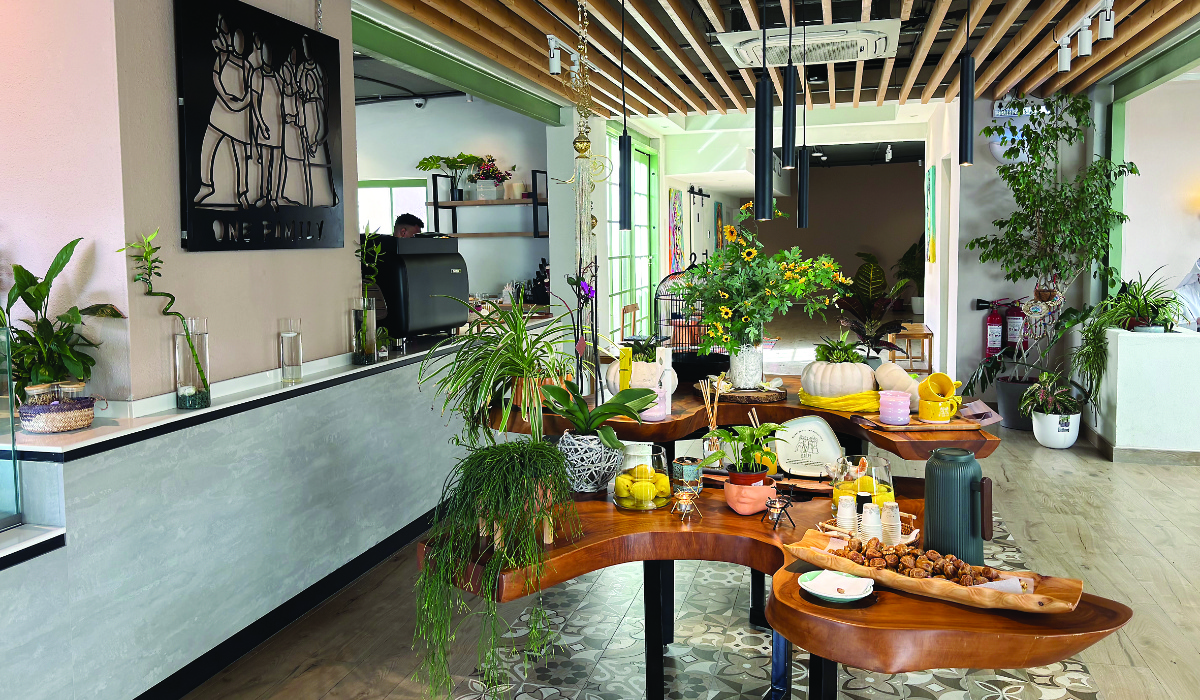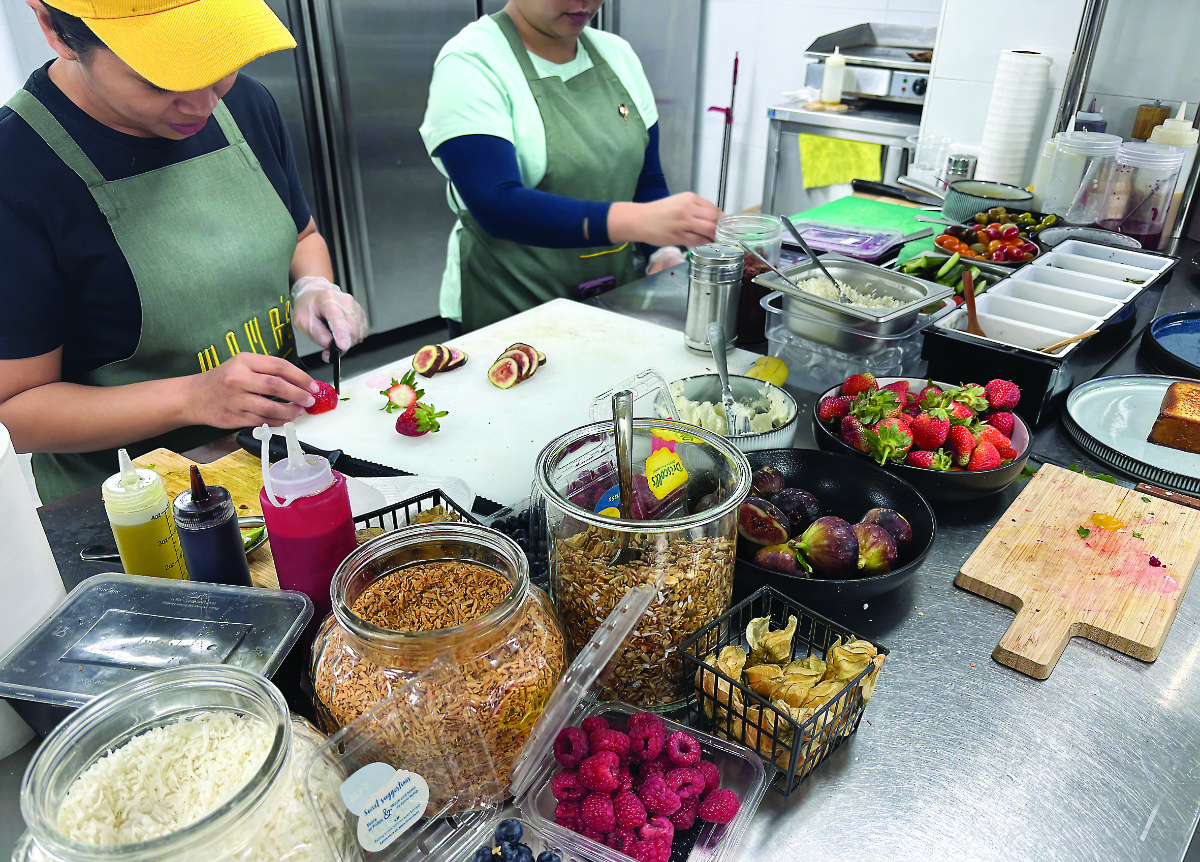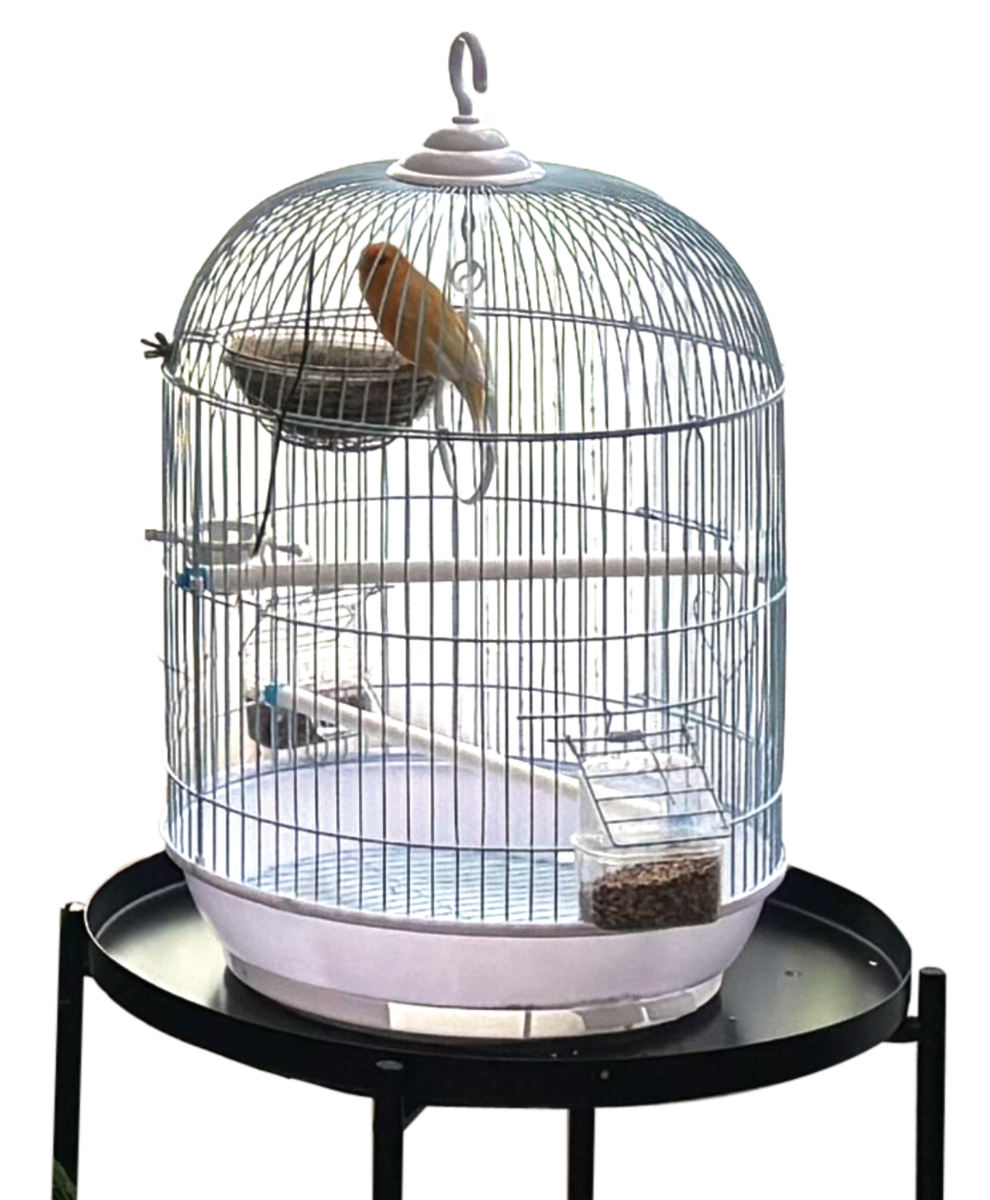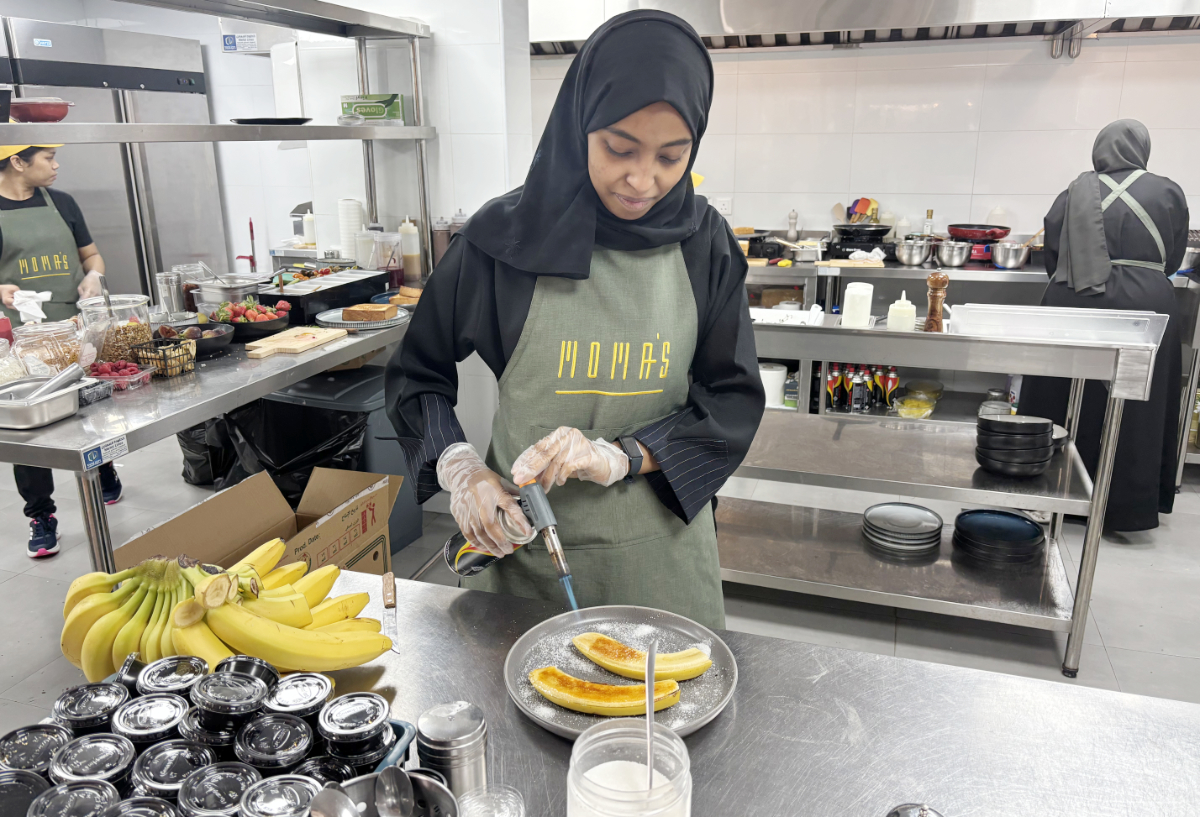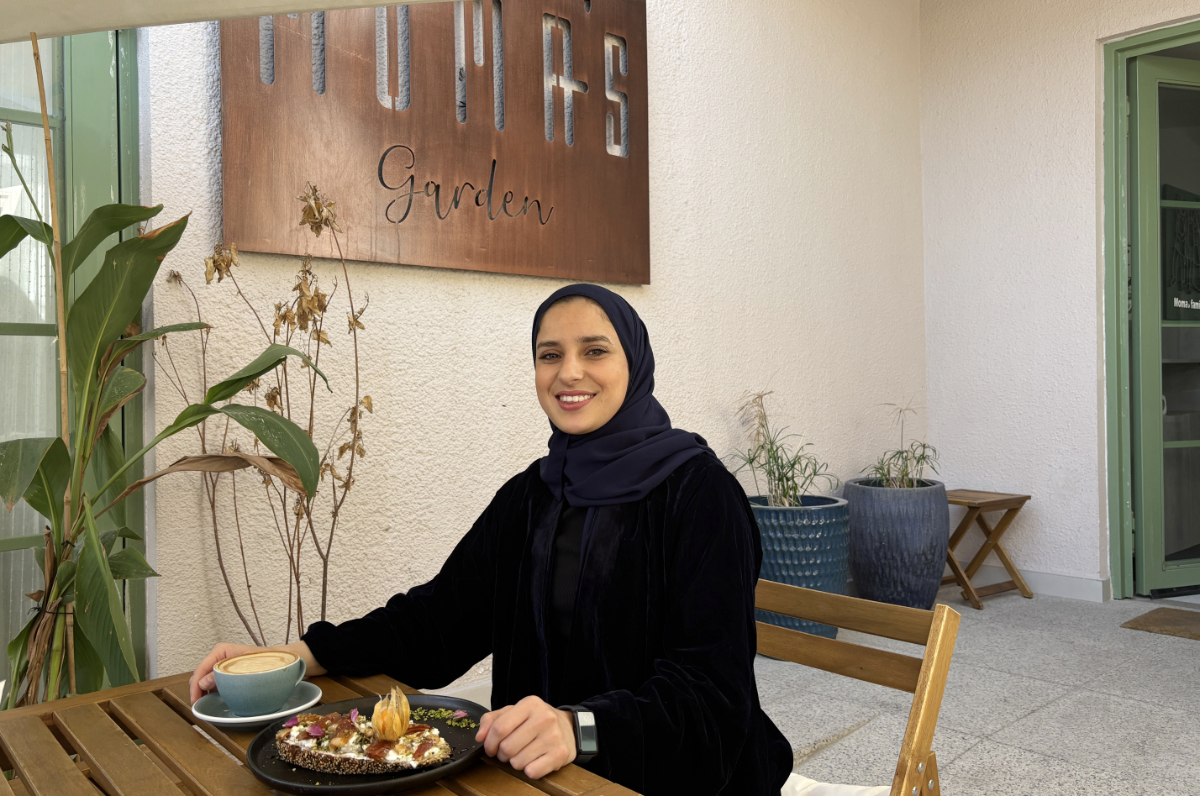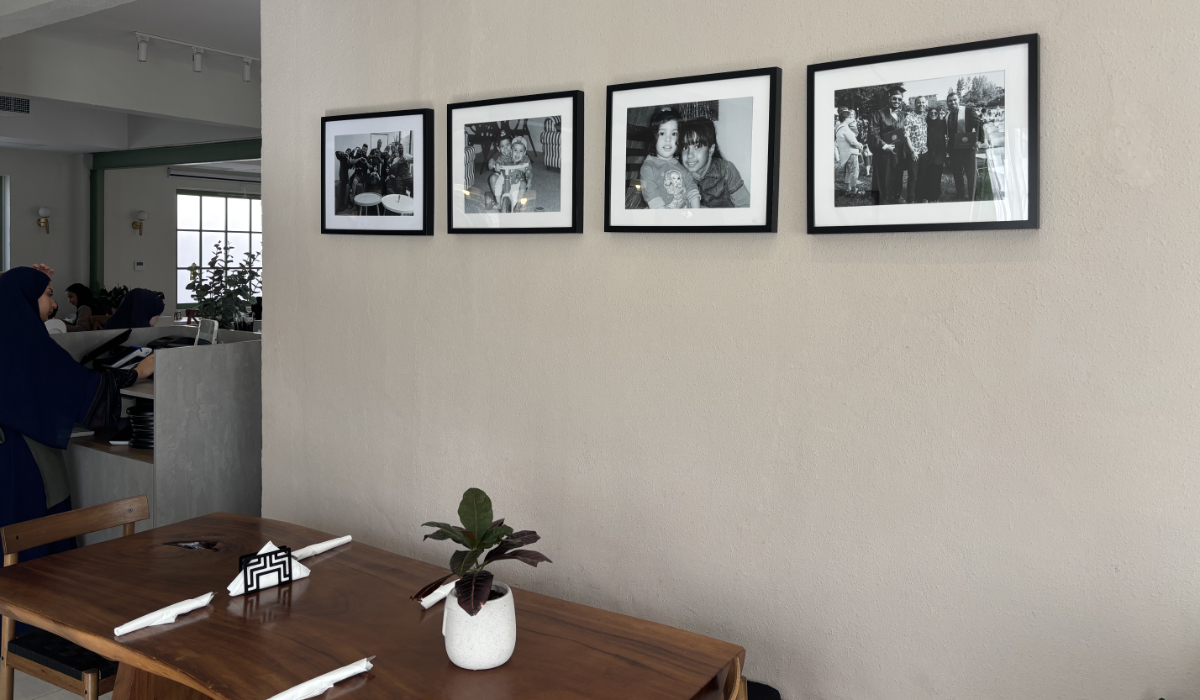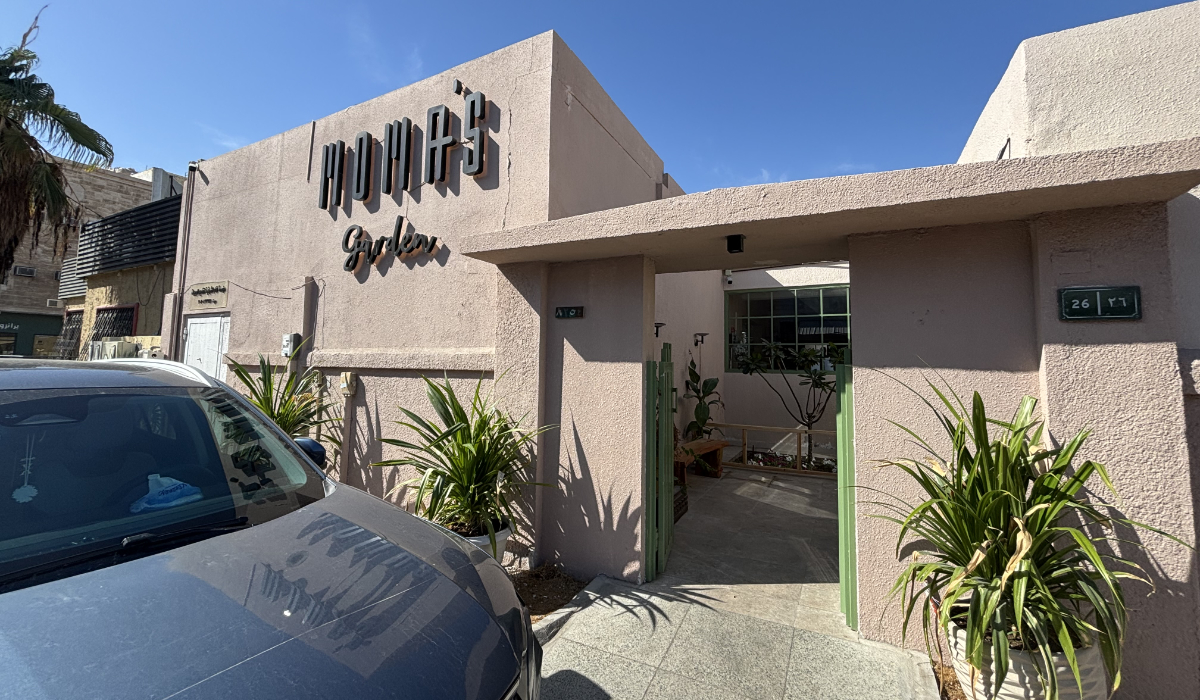JEDDAH: In the heart of Al-Dayer governorate, a stadium carved into the Hashr Mountains honors human creativity and celebrates the local landscape.
The origin of this architectural marvel began in 1994, when a group of neighbors led by Mohammed Harian decided to build a sports field in the mountainous terrain.
With limited space available, they started with a rough field, but it was soon clear that a more ambitious undertaking was required.

Mohammed Harian
“We live in a difficult mountainous area that lacks wide spaces, and we could hardly find any space to practice any sport,” Harian explained in an interview with Arab News. “We created a basic field, but it was just a corner to play in. At that time, we couldn’t enjoy playing football, so we resorted to playing other games instead.”
Harian and his team persevered, and over the years, they expanded their vision, eventually carving out Al-Hashr Stadium from the mountain itself.
FASTFACT
The origin of the carved stadium began in 1994, when a group of neighbors led by Mohammed Harian decided to build a sports field in the mountainous terrain.
However, the imaginative project was not without difficulties, and early attempts were met with opposition from some locals.
“Initially, the idea annoyed some residents, so we implemented it in a lower area,” Harian said. “But we did not give up. We worked on it at our own expense, and with the help of donors and players, we were able to bring the project to life.”

Al-Hashr Stadium in Al-Dayer governorate spans 60 by 94 meters and is capable of accommodating thousands of spectators for events. (SPA)
The construction took years and was a labor of love performed by the locals, with Harian leading the charge due to his expertise in construction. He noted that the cost exceeded SR 250,000 ($66,500), but to the sports lovers, the end result was well worth it.
“We opted to level the mountainous terrain, and that was a huge battle for us,” Harian recalled, noting that a design flaw led them to expand the field to correct the error, requiring more time and effort.
“The goal was to create a standard stadium to meet the desires of Jazan’s youths and to entertain themselves, especially during summer holidays,” he explained. “They took on the task of creating various programs, including cultural events, video shooting and training courses, refereeing, and matches between local teams, including awards and honors through community efforts and with the efforts of the Mount Hashr Center.”
The finished stadium is a marvel of engineering, spanning 60 by 94 meters and capable of accommodating thousands of spectators. Its design, reminiscent of both Roman amphitheaters and traditional agricultural terraces, has captured the attention of officials and visitors alike.
It has hosted numerous events, including the Prince Mohammed bin Nasser bin Abdulaziz Championship and 16 other events showcasing the region's athletic talent, Saudi Press Agency reported recently.
To the locals, the stadium is more than just a sports venue — it is an artistic triumph, embodying the aspirations and dedication of the region’s youth.
There are plans in place for enhancements, including landscaping and lighting, to solidify its status as a premier sports and tourist destination.
As Harian looks to the future, he hopes that the man-made marvel will continue to inspire and entertain generations to come. “The eastern side needs a lot of work to achieve the oval shape of the stadium. I hope that during any developmental works, the stone of the stadium is preserved to represent our rich heritage.”
A symbol of creativity and determination, Jazan’s carved stadium is attracting visitors from across the Kingdom, making Al-Dayer governorate a sought-after tourist and sports hub, SPA noted.















